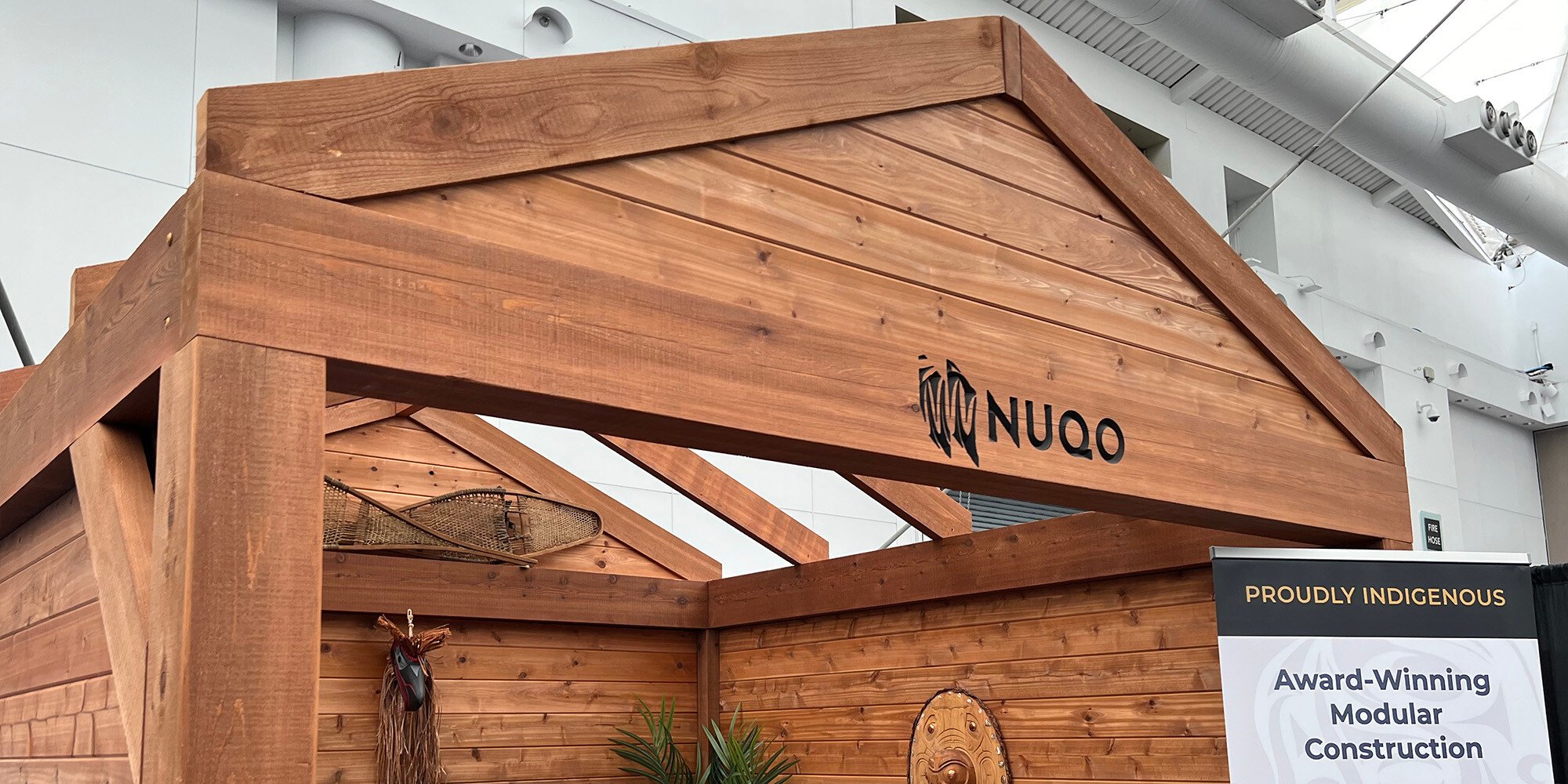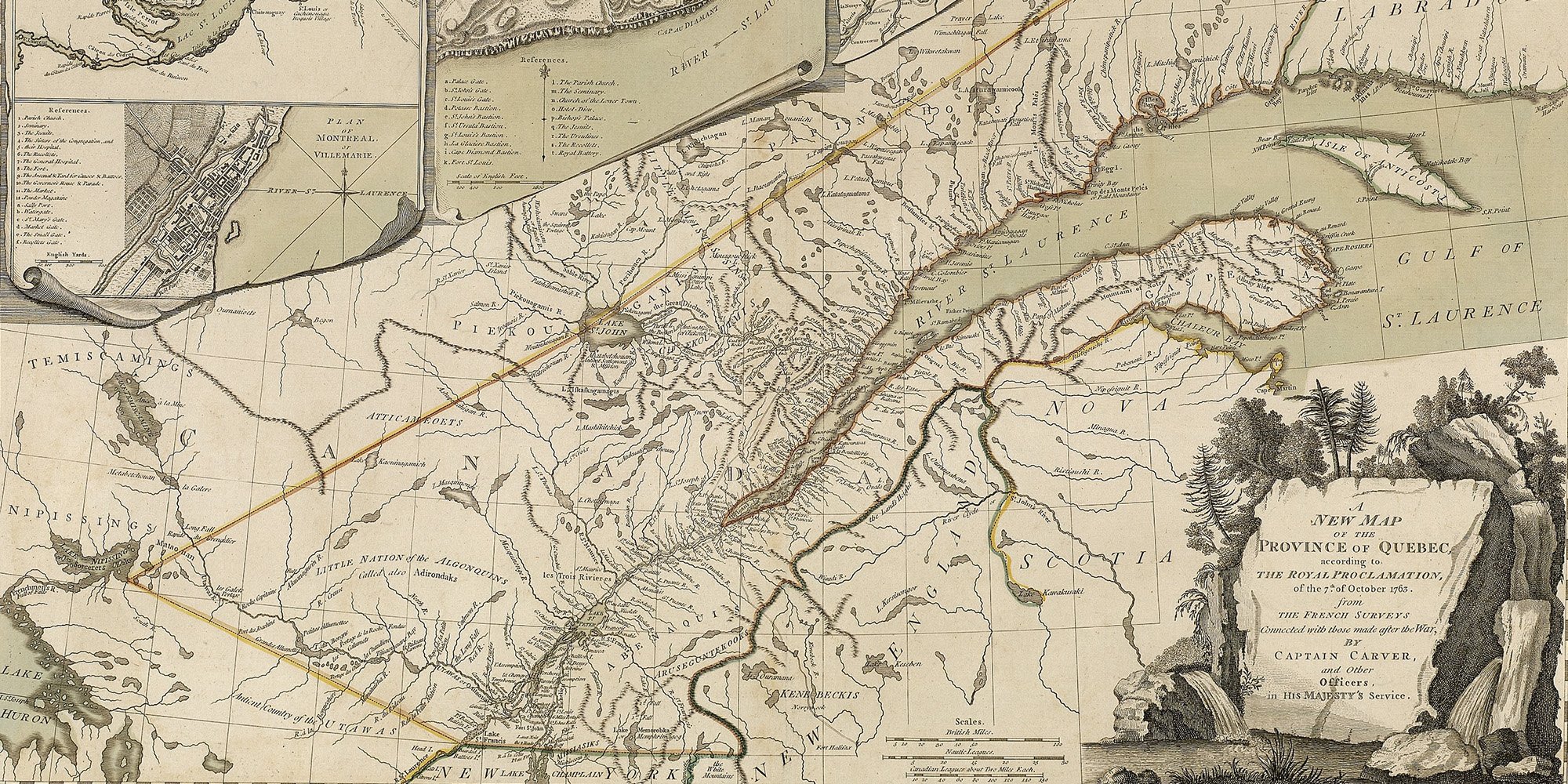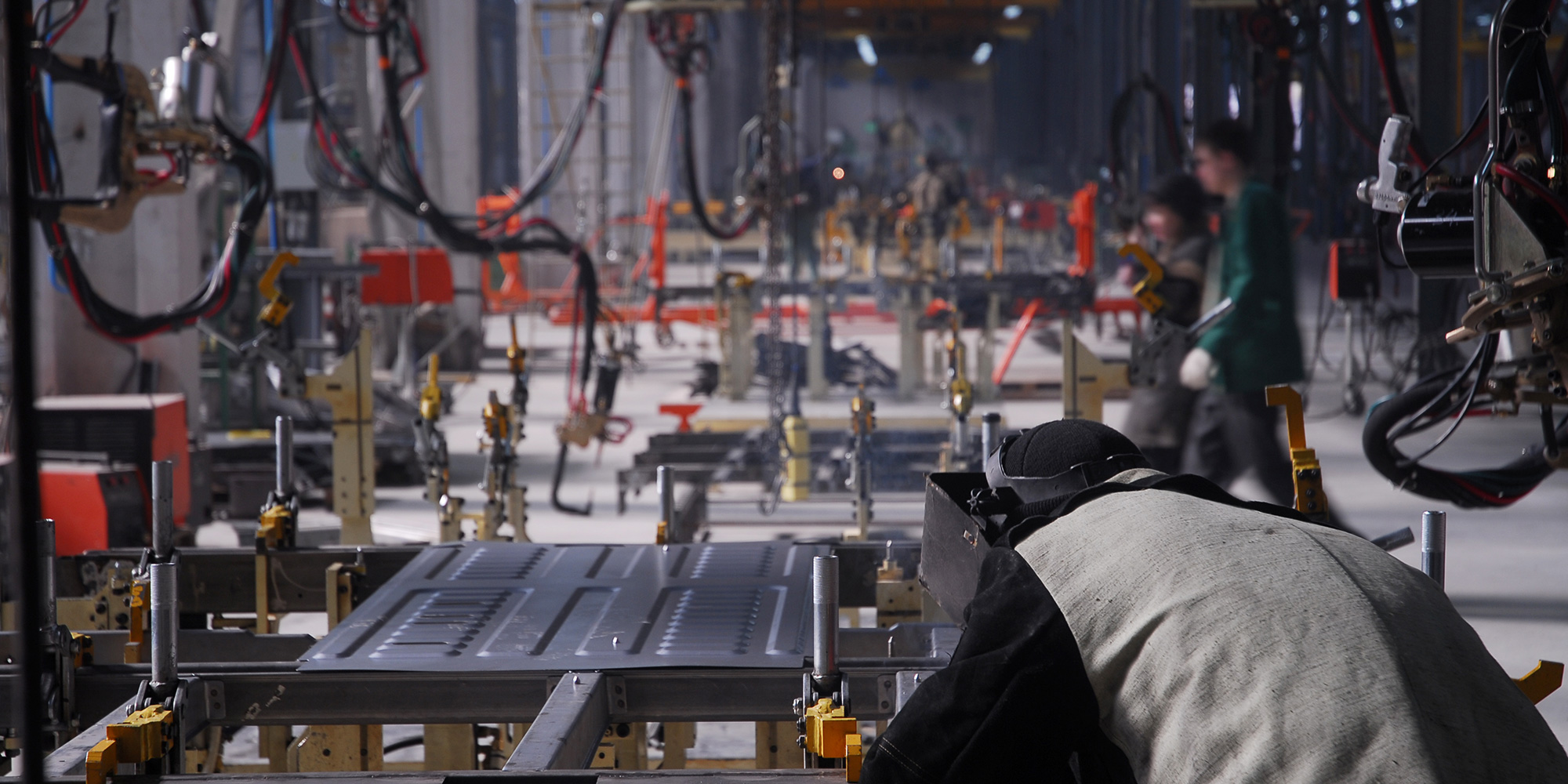1 min read
A Brief Timeline of the History of Indigenous Relations in Canada
National Indigenous Peoples History Month is a time to acknowledge the history of Indigenous relations and Indigenous Peoples in Canada....

In 2025, it will be a decade since the release of the Truth and Reconciliation Commission (TRC) Summary Report (June 2015) on the horrific experiences of residential school survivors. The Summary Report included 94 calls to action, which have shaped the reconciliation journey of Canada and Canadians. The report and calls to action resonated with Canadians and instigated a significant breakthrough in reconciliation.
Speaking from a professional perspective, over the past ten years, requests for our training have increased exponentially, as have visits to our blog, free eBook downloads and newsletter subscribers. My experience is a mere microcosm in the larger picture of reconciliation in Canada.
The outcome of Canadians’ commitments to reconciliation is a noticeable uptick in Indigenous representation in governments, boardrooms, industry, academia, and the arts. Canadians also now have a more fulsome understanding of the Indian Act's historic and ongoing impacts.
One area that could use some love is economic reconciliation. There is ample “blue sky” potential for governments at all levels, corporations, not-for-profits, and small mom-and-pop businesses to contribute to economic reconciliation. How? By procuring goods and services from the over 75,000 Indigenous-owned businesses and entrepreneurs that contribute $50 billion annually to the Gross Domestic Product.
Private Sector and Corporate Canada must be involved in economic reconciliation and Indigenous procurement is an area of opportunity for the private sector to fulfil this role. It was also emphasized that Indigenous procurement needs to increase across all sectors of the economy (e.g. tourism operators and hotels), as well as across all types of organizations, including quasi-public institutions and service providers such as hospitals and educational facilities and not-for-profit groups... The commitment to reconciliation with Indigenous peoples is not a partisan issue; it is a matter of The Honour of the Crown, based on the existing Aboriginal rights upheld and recognized in Section 35 of the Constitution Act, 1982. Yet, reconciliation is not solely the government’s responsibility; all Canadians must be involved. [1]
The caveat is to ensure you engage with a legitimately Indigenous-owned business. Some companies feign Indigenous ownership to take advantage of the federal government’s commitment to a procurement target of 5% of the total value of contracts awarded to Indigenous businesses.
The federal government defines an Indigenous business as:
- A business owned and operated by Elders, band and tribal councils
- A business registered in the Government of Canada's Indigenous Business Directory
- A business registered on a modern treaty beneficiary business list [2]
In 2021, when Canada adopted the UN Declaration on the Rights of Indigenous People, it committed to supporting all 46 articles of the Declaration, including:
Article 3
Indigenous peoples have the right to self-determination. By virtue of that right they freely determine their political status and freely pursue their economic, social and cultural development. [emphasis added]
Economic reconciliation is essential if Canada is going to close the socio-economic gaps between Indigenous and non-Indigenous Canadians.
Those evaluating their options for supporting economic reconciliation could explore the possibility of working with Indigenous suppliers and, maybe, even forming partnerships to secure opportunities.
If your organization is looking to start an effective Indigenous Procurement initiative, our Indigenous Procurement training is a great way to familiarize yourself with the many aspects that may be involved.
[1] Indigenous Economic Reconciliation: Recommendations on Reconciliation and Inclusive Economic Growth for Indigenous Peoples and Canada
[2] Indigenous Services Canada Report on the Mandatory Minimum 5% Target fiscal year 2022 to 2023
Featured photo: NUQO booth at the 2024 UBCM tradeshow. NUQO Modular is a female-led, proudly Indigenous construction company recognized for its sustainable and culturally grounded approach to modular building. Photo: Raielene Langdon

1 min read
National Indigenous Peoples History Month is a time to acknowledge the history of Indigenous relations and Indigenous Peoples in Canada....

The minds and hearts of most Canadians are opening to the severity of colonial practices that helped shape this country and how those policies...

It takes 20 years to build a reputation and five minutes to ruin it. If you think about that, you'll do things differently.” Warren Buffett ...